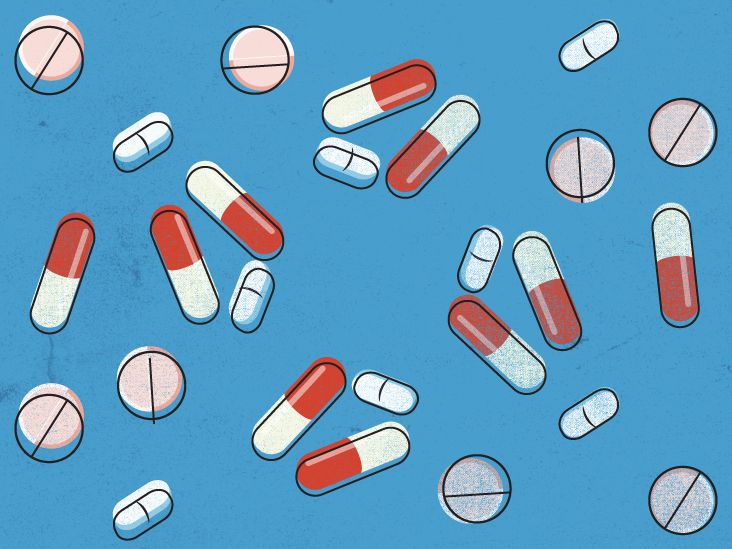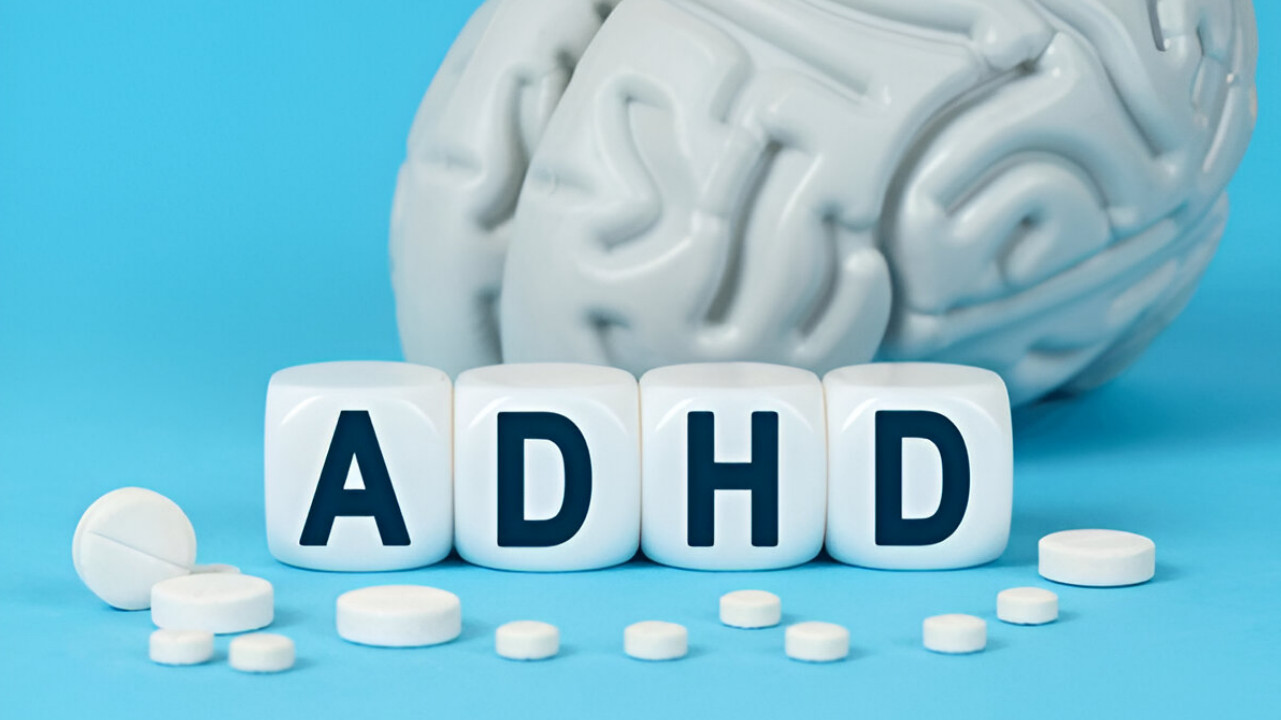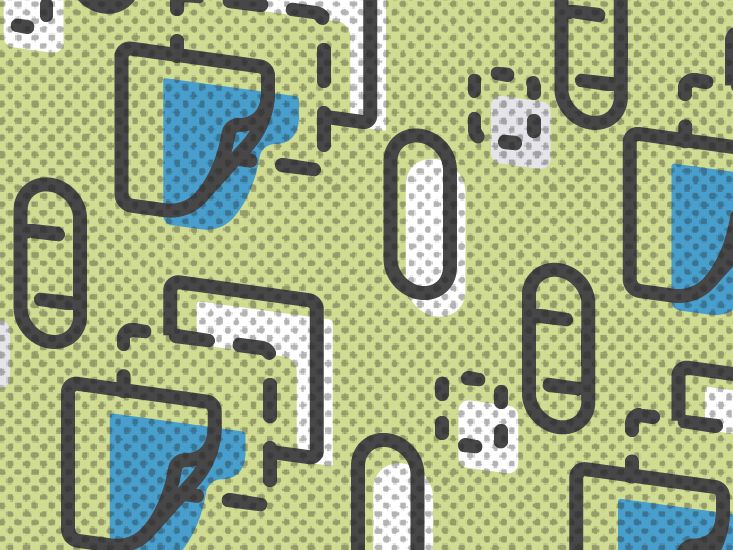The Adderall Shortage and ADHD Treatment
Adderall is a commonly prescribed stimulant medication used to treat attention deficit hyperactivity disorder (ADHD). It helps improve focus, concentration, and impulse control in people with ADHD. However, in recent years there have been shortages of some ADHD medications including Adderall generics.
Reasons for the Adderall Shortage
There are a few key reasons behind the shortages of Adderall generics:
- High demand - Usage rates of ADHD medications like Adderall have increased over the years, leading to higher demand.
- Supply chain issues - Drug manufacturers have faced production delays and supply chain problems. This slows down supply.
- Discontinuations - Some pharmaceutical companies have chosen to discontinue making certain Adderall generics.
The Impact of the Shortage
The Adderall shortage has made it difficult for many people to get access to their prescribed medication. Some pharmacies have run out of certain doses or generics leading to:
- Higher prices - Limited supply has caused prices to rise for available Adderall.
- Longer wait times - Many people have to wait days or weeks for their prescription to come in stock.
- Disruptions in treatment - Gaps in medication can disrupt ADHD symptom management.
Adderall Alternatives and Options
If you are having difficulty getting your prescribed dose of Adderall, there are a few options to discuss with your doctor:
- Extended-release alternatives - Drugs like Vyvanse, Mydayis, Focalin XR, etc. can provide extended relief of ADHD symptoms throughout the day.
- Immediate-release alternatives - Ritalin, methylphenidate, Zenzedi, and Dexedrine IR may be easier to find and provide quick, short-term symptom relief.
- Non-stimulants - Non-controlled substances like Strattera, Intuniv, and Clonidine ER can also help manage ADHD.
- Compounding pharmacies - Special pharmacies can compound customized doses of ADHD drugs based on a prescription.
Tips for Managing ADHD Symptoms
In addition to medication, making lifestyle changes and adopting coping strategies can help you or your child manage ADHD symptoms:
- Get organized - Use calendars, reminders, files and notes to stay focused and on top of tasks.
- Minimize distractions - Creating a quiet space to work can make focusing easier.
- Exercise and sleep - Maintain healthy sleep habits and make sure to get regular physical activity.
- Therapy - Seek counseling and coaching on organization, time management, emotional regulation skills.
- Nutrition - Eat more protein, fruits, vegetables, omega-3s and drink plenty of water.
Talking to Your Doctor
If you have difficulty getting your normal Adderall prescription filled, talk openly with your doctor about your options. Key things to discuss include:
- How your symptoms are impacting your life without consistent medication.
- Alternative medications that may work for you.
- Any side effects or issues you have had with medications.
- Lifestyle changes to help compensate for gaps in medication.
FAQs
Why is there a shortage of Adderall right now?
The main reasons for the current Adderall shortage are high demand, supply chain disruptions limiting production, and some manufacturers discontinuing certain generics.
What can I do if my pharmacy is out of my usual Adderall medication?
You have a few options, including asking your doctor about trying extended-release or immediate-release Adderall alternatives, using non-stimulant medications, or getting an adjusted dose specially formulated by a compounding pharmacy.
How long will the Adderall shortage last?
It's unclear how long shortages of certain Adderall doses or generics may persist. Work closely with your doctor and pharmacy to monitor availability of your medication.
What are some tips for managing my ADHD symptoms without medication?
Lifestyle strategies like getting organized, minimizing distractions, sticking to sleep/health routines, counseling and nutrition can help compensate for gaps in ADHD medication.
Who can I talk to if I'm having issues getting my Adderall prescription filled?
Discuss difficulties getting your medication with both your prescribing doctor, to go over treatment alternatives, and your pharmacist, to check on availability. Work closely with them to find solutions.
Disclaimer: This article is for informational purposes only and does not constitute medical advice. Always consult with a healthcare professional before starting any new treatment regimen.
Related Coverage
Uncover the potential connection between ADHD and hearing loss in adults. Learn about the challenges, risk factors, and multidisciplinary approaches to address this overlooked association....
Learn effective strategies to help your child with ADHD succeed academically and behaviorally at school. Tips cover working with teachers, home routines, organization and more....
Comparing Strattera and Ritalin for ADHD treatment. Find out which medication may work best for your symptoms and lifestyle....
Wondering about ADHD testing costs? Get the scoop on prices, insurance tips, and affordable options in this friendly, easy-to-read guide!...
Actress Geena Davis has been open about living with ADHD, including being diagnosed in her 40s. She advocates for awareness and proper representation of the disorder....
Limbic ADHD recognition is gaining attention, but do doctors actually recognize it? Get the facts on this unofficial ADHD subtype....
Explore the potential interactions between the herbal supplement ashwagandha and the ADHD medication Adderall, and the importance of open communication with healthcare professionals....
Yes, primary care doctors can diagnose ADHD and prescribe medications like Adderall. Learn about discussing symptoms, treatment goals, getting a prescription....
Daytrana side effects such as skin irritation, insomnia, and appetite loss can be eased with timing, placement, and diet tips....
The Adderall shortage makes getting prescribed ADHD meds difficult. Learn reasons for the shortage, effects on patients, and techniques to cope until supplies increase....







